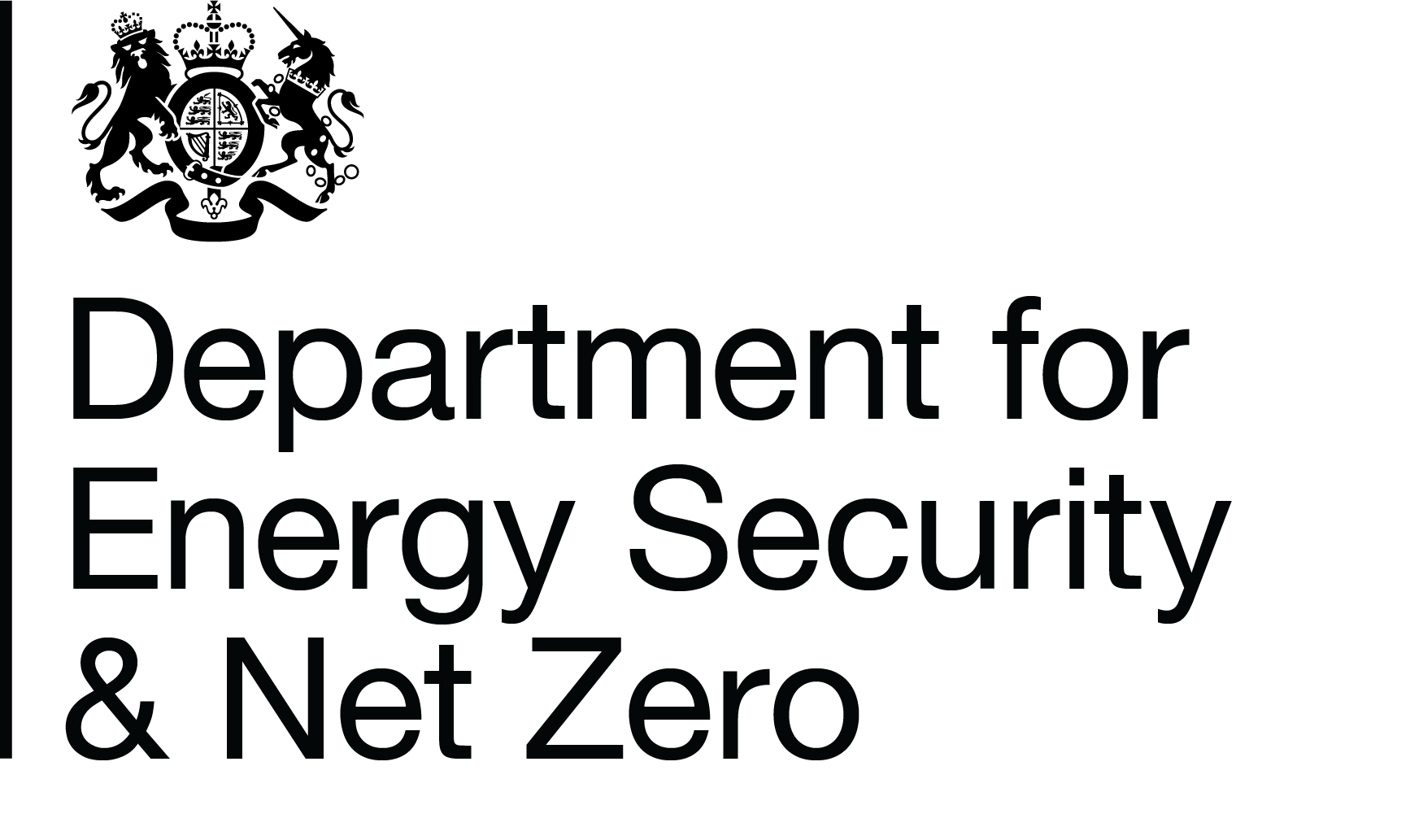Design and Delivery of the Energy Code Reform
Overview
Many of the detailed rules that facilitate the gas and electricity systems are set out in codes. Although these codes have done a remarkable job guiding the industry post-privatisation, many of them were designed to deal with a more predictable energy system and have seen only incremental changes over time. This has resulted in a code governance framework that is complex, fragmented and lacks incentives to innovate, despite our urgent need for a more unified, flexible, and dynamic approach.
This consultation builds on the two institutional governance models proposed in our 2019 consultation to address the identified challenges in the code governance framework. Considering the consultation responses received, we have further refined our thinking on how we expect these models would function as well as who we think would be ideally suited to take on each role:
- our preferred option (option 1) is to designate Ofgem as the ‘strategic body’ and to have separate code managers; and
- our alternative option (option 2) is to create an IRMB within the FSO, which would include the strategic and code manager functions.
In addition to responses on our two options, we are also seeking views on detailed elements of our proposals that were not addressed in the previous consultation. These include the detailed roles and responsibilities of the strategic and code management functions, details on the proposed operating model for both options, and high-level approaches on implementation. We have also published an impact assessment alongside this consultation, where we set out our estimates on the costs and benefits of our two institutional governance options and ask for feedback on our calculations.
Why your views matter
We're seeking the views of interested parties, including existing code parties, wider industry players, consumer groups, academics, and existing code administrators, on our proposals for energy code reform. These proposals were developed with the help of feedback gathered during our previous consultation held in 2019, and represent a further refinement of our thinking in this area. In addition to feedback on our preferred option for a new institutional governance framework, we are particularly interested in views on detailed elements of our proposals that were not addressed in the previous consultation.
Audiences
- SMEs (small and medium businesses)
- Large businesses (over 250 staff)
- Multinational businesses
- Trade bodies
- Medium business (50 to 250 staff)
- Micro business (up to 9 staff)
- Small business (10 to 49 staff)
- Oil and Gas
- Wind
- Nuclear
- Coal
- Low carbon technologies
- Energy assesor
Interests
- Coal
- Fuel poverty
- Oil and gas
- Distributed energy and heat
- Renewable energy
- Energy and climate change
- Energy efficiency
- Electricity

Share
Share on Twitter Share on Facebook